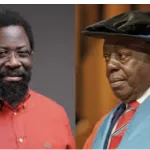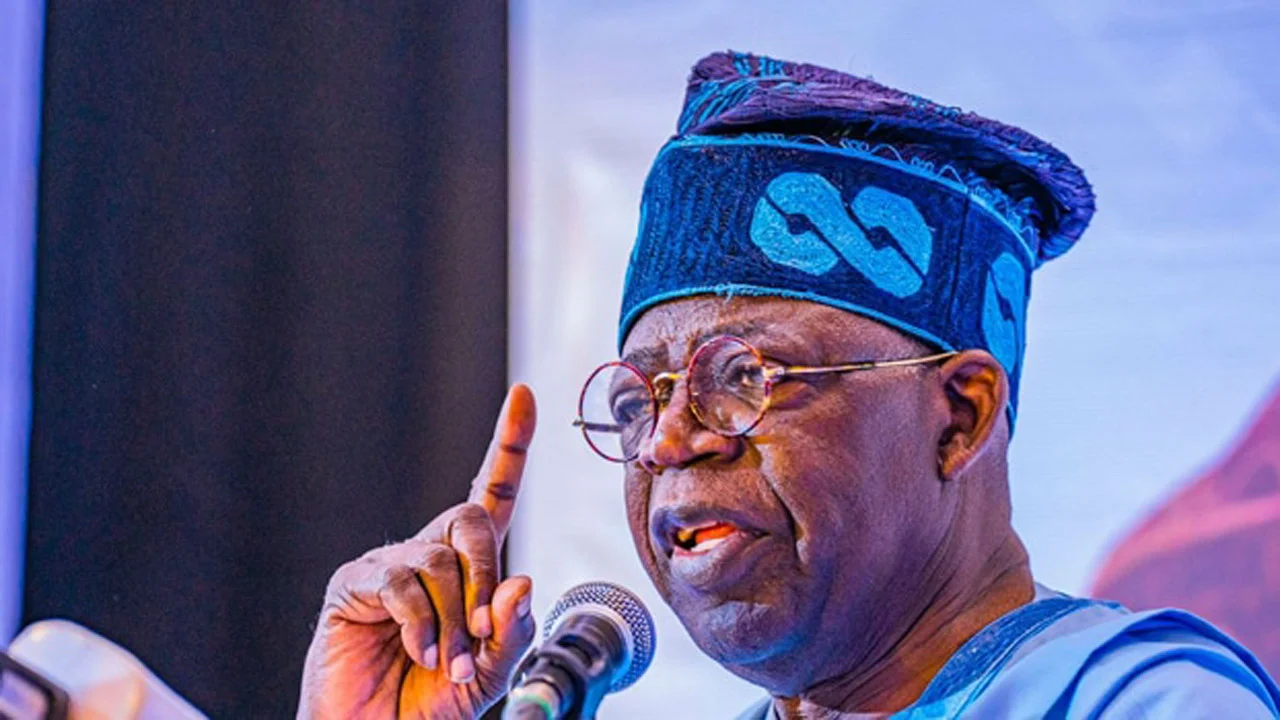A Nigerian living in the United States, Samson Omoniyi, along with eight others, is facing charges of conspiracy to commit money laundering in a case involving fraud worth over $20 million.
If convicted, Omoniyi and his alleged accomplices could each face a maximum sentence of 20 years in prison, as outlined by US federal laws.
This was disclosed in a press statement issued by the Office of Public Affairs, US Department of Justice, on Wednesday.
The indictment alleges that the group laundered proceeds of fraud obtained through schemes such as business email compromises, which target unsuspecting individuals and organizations both within the US and abroad.
According to court documents, the nine defendants operated a sophisticated money laundering syndicate across multiple states, including Tennessee, Texas, and Missouri, from November 2016 until their arrests.
The group allegedly employed “money mules” and used sham companies to launder stolen funds, disguising the illicit proceeds and redistributing them to members of the conspiracy.
“The conspirators allegedly structured the organisation so that recruiters or ‘herders’ recruited and directed participants or ‘money mules’ to launder money obtained from Internet frauds,” the statement read.
The suspects include,Samson A. Omoniyi, 43, Houston, Texas, Misha L. Cooper, 50, Murfreesboro, Tennessee, Robert A. Cooper, 66, Murfreesboro, Tennessee, Carlesha L. Perry, 36, Houston, Texas, Whitney D. Bardley, 30, Florissant, Missouri, Lauren O. Guidry, 32, Houston, Texas, Caira Y. Osby, 44, Houston, Texas, Dazai S. Harris, 34, Murfreesboro, Tennessee, Edward D. Peebles, 35, Murfreesboro, Tennessee.
The indictment alleges that the group laundered proceeds from fraudulent activities such as internet scams and business email compromise scheme.
The syndicate reportedly used fake companies to conceal the fraud’s origins while enriching its members.
The US Department of Justice clarified that the defendants remain innocent until proven guilty.
However, if convicted, each individual could face up to 20 years in federal prison.
Sentencing will be determined by a US District Court judge, who will consider federal sentencing guidelines and other statutory factors.











